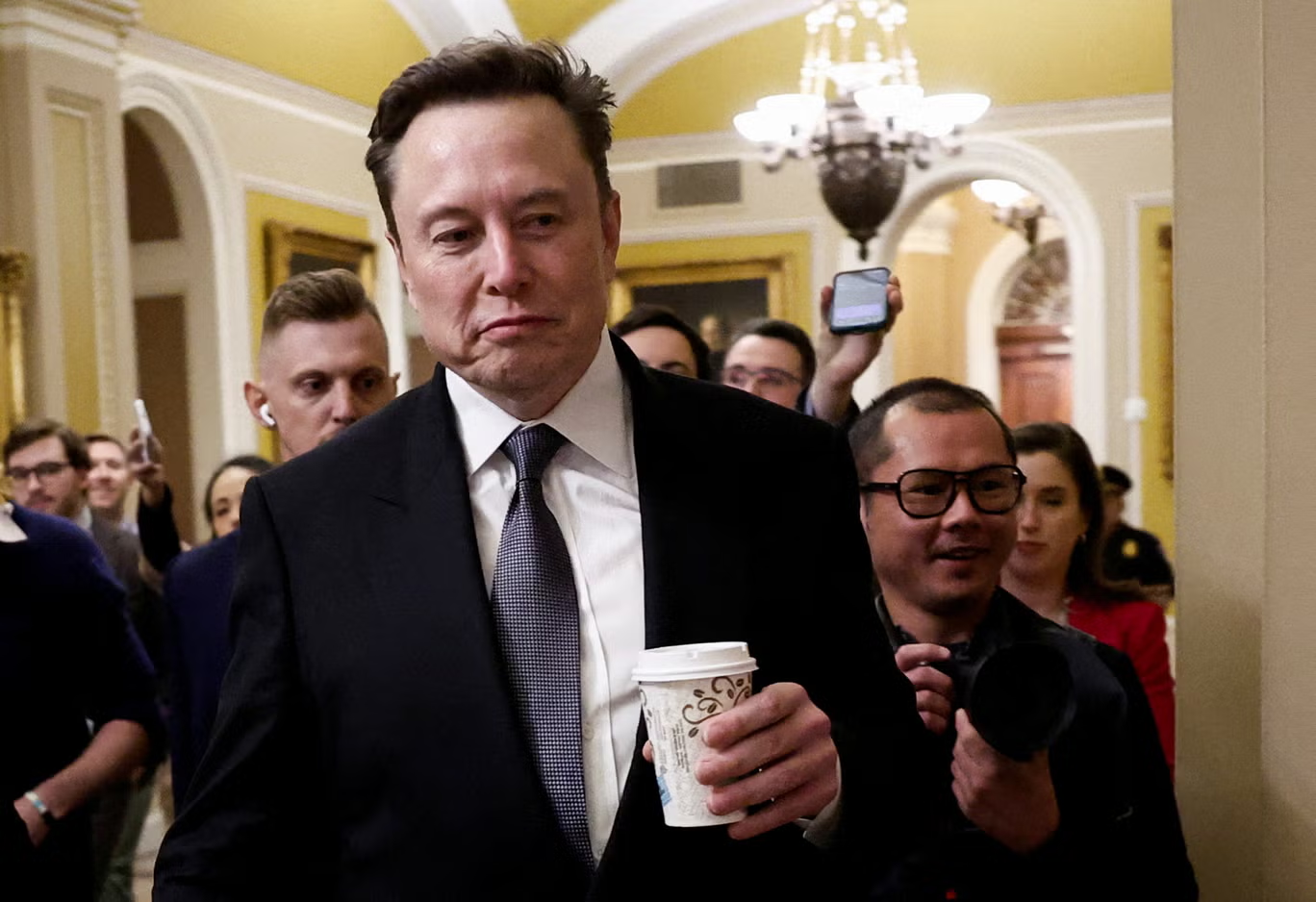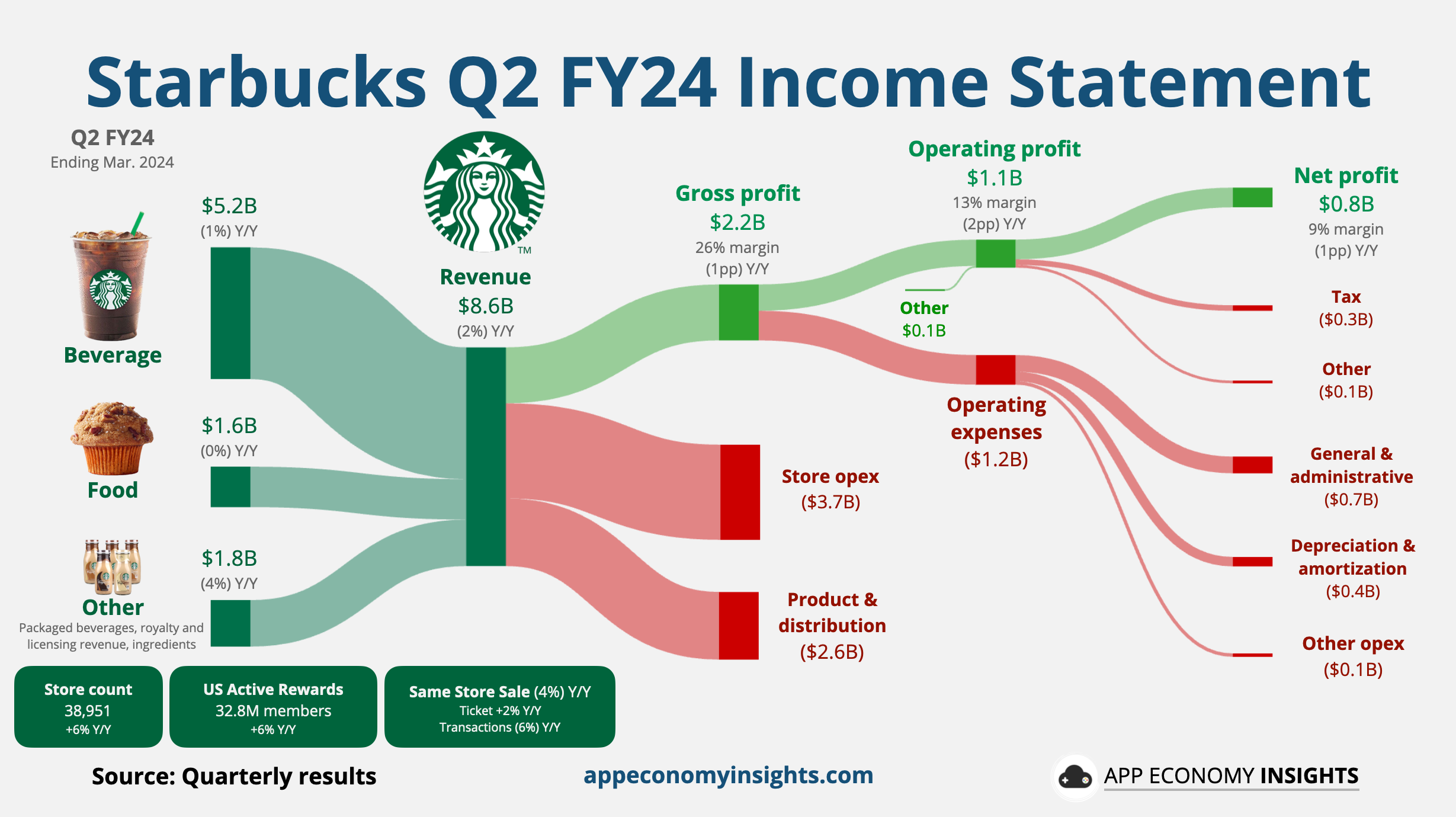Starbucks Faces Decline Amid Global Challenges
October 23, 2024
SEATTLE, USA – Starbucks, the global coffeehouse chain, revealed it experienced a significant decline in sales and customer traffic in its markets outside North America, which analysts are taking to signal changes in consumer habits, inflationary forces, and growing public discontent with the labor practices that have punctuated its storied history. The company’s quarterly report offered up several warning signs that suggest it lacks staying power against intensifying competition and high-profile politics.
Sluggish Sales Across Key Markets
The company said quarterly sales fell by both revenue and foot traffic. Starbucks experienced declines in North America, Europe, and China-it actually sees most of its business in those markets. It cited inflation and a shift toward remote work as the reasons its premium coffee is in less demand than during previous quarters.
Same-store sales in North America for Starbucks fell by 5%. These declines are mainly because of lower morning traffic. Analysts argue that new patterns of working since the pandemic have led to fewer office-goers, and as a result, far fewer people rush for their morning coffee, on which Starbucks relies.
China is one of the most important growth markets for the company; sales in that region were softer than expected during the latest quarter, with renewed COVID-19 restrictions and economic slowdown weighing on the economy. Consumer behavior in Europe remains rather defensive with inflation running at all-time highs: it is more expensive options as opposed to cheaper ones that the customers prefer.
Political Fallout Over Labor Policies
The company is also increasingly coming under political pressure over labor relations, particularly in the U.S. and Europe. For the last couple of years, workers at several Starbucks stores in the United States have demanded unionization by arguing low wages, minimal benefits, and deplorable working conditions. While the company has won some union votes, it remains accused of retaliation against union organizers, which anger the labor unions and liberal lawmakers.
A vocal critic is US Senator Bernie Sanders, who criticized Starbucks’ anti-union stance, declaring that “workers have a right to organize, and corporations like Starbucks need to respect that.” European labor unions also voiced their support for the cause of Starbucks workers, casting the labor issues of the company further onto the world stage.
The backlash has kept throwing into the air debates about corporate accountability and fair labor practices, raising questions in people’s minds about whether Starbucks can maintain its socially responsible brand image as it resists the effort to organize unions. Several advocacy groups have called for boycotts, further contributing to the decline in customer traffic.
A Struggle to Reposition Its Global Strategy
In a bid to reverse declining sales and growing criticism, Starbucks has said it would revisit its global strategy. CEO Laxman Narasimhan acknowledged the challenges, stating, “We are navigating a complex economic and political landscape, and we recognize the need to adapt swiftly to meet changing consumer expectations.”
Expansion through Mobile Ordering and Delivery Services: Starbucks aims at expanding its digital reach through mobile ordering and delivery services. Going forward, mobile ordering and delivery services seem to have been the most impactful revenue generators in recent years. There is a further effort to make operations more efficient and simpler by adding menu items that are more reasonably priced and at lower prices, designed to appeal to the price-sensitive customer.
Starbucks also shows intents to extend partnerships with other local delivery platforms of China, to access more customers from areas a little farther from its stores. European markets may also increase focus on sustainability, such as reusable cups and efficient stores in terms of energy to reach more consumers.
Yet analysts warn that these palliatives will not suffice to turn around the decline if Starbucks is not able to address the upcoming labor disputes. A concurrent balance must be made between profitability, wellbeing of employees and public reputation so that the company can regain consumers’ trust back.
A Critical Juncture for Starbucks
The factors facing Starbucks reflect the larger, globally systemic trends that have touched every thing from how people work to increased accountability for businesses. Going through inflation and political pressure weighing on operations, the coffee giant has had to wonder if it would be safe to adapt to new realities or risk losing its competitive edge.
While Starbucks has announced a revamp plan for its strategy, everything will depend on how the company handles its labor disputes and to what extent it can contain its brand image while activist feelings rise. The next few months will be of great importance for Starbucks in terms of hopefully stabilizing sales and regaining consumer loyalty in this increasingly polarized and even more competitive environment.
Whether or not Starbucks can weather the storm as now presented is anyone’s guess, but the result surely will tell future generations how global companies will handle shifting markets and labor relations in a highly politicized world.
image source











